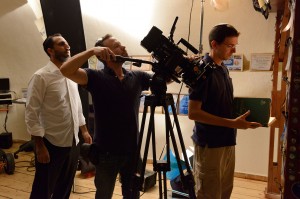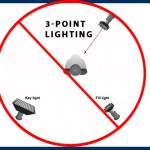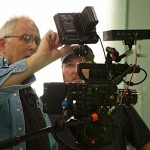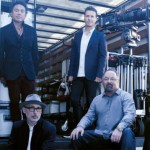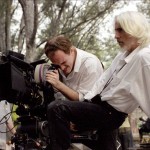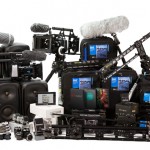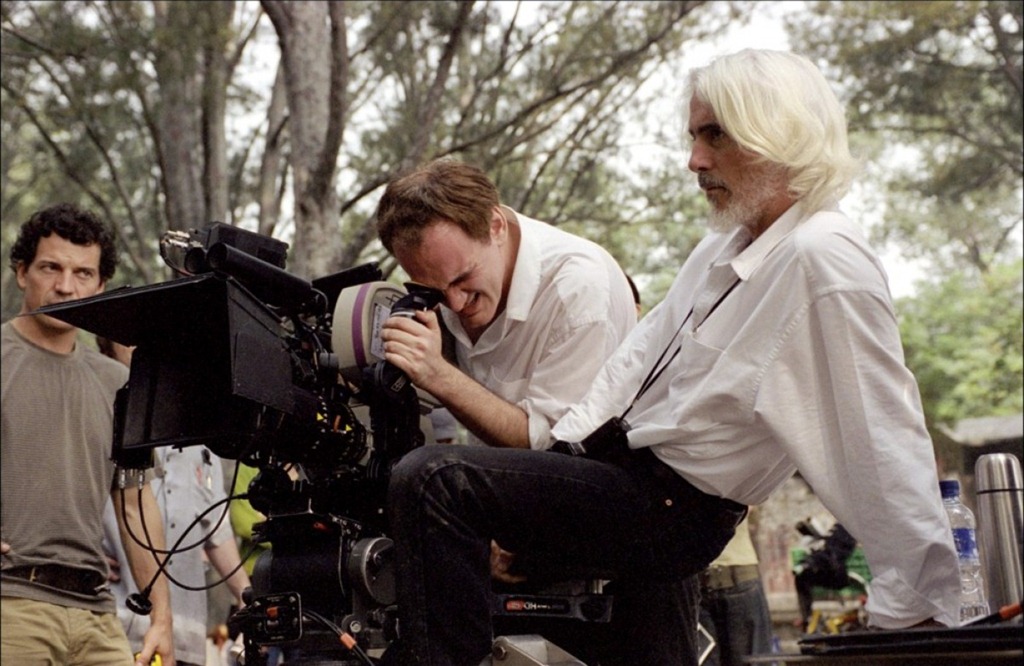
What’s the #1 Job of a cinematographer? Is it to create beautiful images? Is it to visually execute the best way to tell the story? Is it to manage the crew that is involved in all aspects of the visuals (Gaffer, ACs, Grips etc?). Well the answer is yes, it’s all of those things. But none of those are the #1 job of a cinematographer.
It’s quite simple really (in theory!). The #1 Job of a cinematographer is to execute the vision of the Director by ensuring he gets the materials that he envisioned to create his film. That’s not too hard is it?
But what if the Director is leading you down a boring and “incorrect” path? What if he is not interested in your opinion, your approach, your input? We’ll come back to these questions below.
Are you capable of executing whatever the Director throws at you?
So how hard is it to execute the Director’s vision? I guess that depends how skilled you are and how easy the Director is to work with. The key here is that there are many ways to skin the cat, many ways to interpret a scene, many ways to light a room, light a portrait etc. All of these decision will contribute to the message and story of the film and that belongs in the hands of the Director. He makes the final calls on that.
As much as we may want to control the visuals, the key is to make sure that its in line with what the Director needs. You have to become one with his vision so that you can begin to think like him as there are a myriad of minute decisions that are constantly taking place.
Watch below from 25:44-26:40 and see what i mean:
But the real point here is that you have to be . . . wait for it . . . wait for it . . . VERSATILE.
You have to have a wealth of experience in shooting in different conditions and scenarios. Your library of possible setups to achieve a look must be vast. Otherwise you will most likely fail in executing certain looks and styles.
This versatility is what will get you noticed and get you hired often!
You are NOT the boss.
The other major point here is that you have to be humble enough to take direction. This starts to become a fine line as some Directors are not looking to “work together” and receive feedback and ideas. This is a big loss for them as they are losing potentially valuable input from a professional in his field.
I recently worked on a project where I jumped over to the other side of the fence and sat in the Director’s chair. I brought on the amazing Phillip Briggs (presenter in our last CineSummit) and we immediately began to tango.
I gave him clear direction and ‘looks” that I researched for each shot, and then set him completely free to do his thing. More than that, I asked and insisted that he feed me any ideas he had. (Yes, I know. I’m such a lovely guy)
In turn, I noticed something that was very important for all cinematographers to take note of; he always, even when I was ready to move on to the next setup, checked with me and asked “are you happy? do you want to look again at playback?”
In other words he was doing the #1 thing a cinematographer needs to do: “to execute the vision of the Director.”
Are you fighting to get the best possible images?
Having said all that there is another side to the job of a cinematgorapher. We should always be pushing to create amazing visuals and fighting to explain and have our way for the betterment of the piece. If you are not doing this, then perhaps cinematography is not for you. Or at least lets admit that its just a boring day job where you pick up a check and take orders from others. And who the heck wants that?!
If you’re in the biz of film making, surely it’s because your excited to not have a “regular job.” As one of my colleagues once told me after explaining to me the battles and frustrations he was going through on a film project, he ended with: “it still beats a real job.”
Let’s face it, we’re not in an office, 9-5, lunch breaks, “can I get a day off?”, and all the other stuff that comes with a regular job.
You should be executing the Director’s vision but you should not be content if you cannot flex your cinematography muscles!
Vittorio Storaro said (Apocalypse Now, The Last Emperor, 3 Oscars) . . . “I think you should be always yourself. From when you start . . . yes, young cinematographers telling me “yes, YOU can do that … to refuse a project . . . because you are NOW this kind of person (a succesfull cinematographer).” I remember on the first film . . . I found myself uncomfortable with what the Director asked me to do and I was forced to do it. And at the end of the day . . . I was 28. I said “Good bye – I don’t think I come back tomorrow because I don’t think you need me. You need somebody to just put one light just to let you see whoever is in front of you.”
Gordon willis said (The Godfather) . . “ ‘No’ is a very important word… In fact ‘No’ will get you more work then ‘yes’.
Listen for yourself – jump to 19:50. Then watch the entire film!!!
There’s a big BUT!
So what’s the final point?
A cinematographer’s #1 job is to execute the vision of the Director … with one big but . . . BUT you should be striving and insisting on doing stellar work and do not let yourself get pushed into filming rubbish. (not the most poetic sentence but you get the point)
In the long run, not only will you improve more, but you will also get more work. Yes, some will not want you because of this, but many will appreciate that you are insisting on giving them top quality. Furthermore, you will improve more this way and your portfolio will show it, leading to more and better paying work as your level increases.
How has your experience been with Directors?
Are you focused on their vision?
Do you push the boundaries to ensure the best results?


